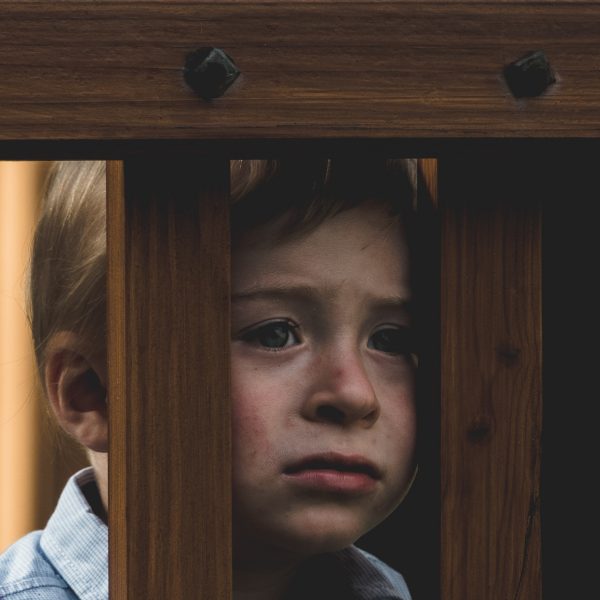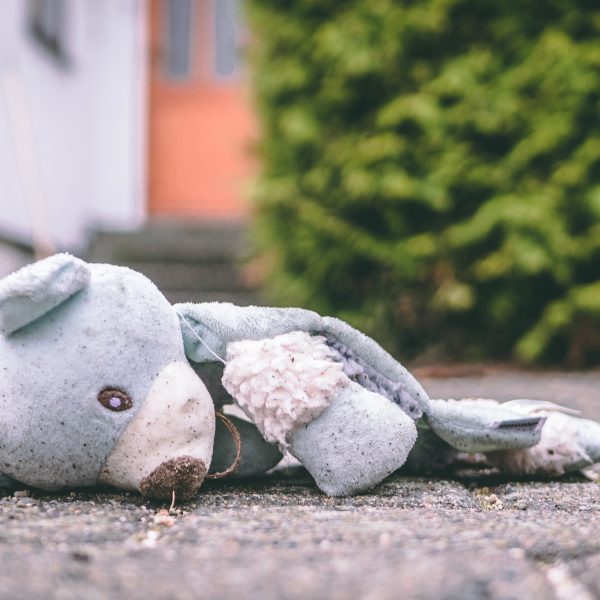Childhood abuse linked with premature death in adulthood, UCL research finds

Children who experience sexual or physical abuse or who are neglected are more likely to die prematurely as adults, according to a new study analysing data from the 1950s to the present by researchers at University College London (UCL) and the University of Cambridge.
Published in BMJ Open, the study found that adults who reported experiencing sexual abuse by the age of 16 had a 2.6 times higher risk of dying in middle age – that is, between 45 and 58 – than those who did not report sexual abuse.
For those adults who had experienced physical abuse by 16, the risk was 1.7 times higher, while those who had lived with neglect, as assessed by questionnaire responses gathered from parents and teachers of respondents during childhood, had a 1.4 times higher risk.
The researchers also looked at the link between early-life socioeconomic disadvantage and early death. They found that those who were disadvantaged at birth (that is, those whose father’s job was classed as unskilled manual labour) had a 1.9 times higher risk of premature mortality than other socioeconomic groups.
The study was based on data from 9,310 people born in 1958 who are part of the 1958 National Child Development Study, a nationally representative birth cohort study.
Dr Nina Rogers, who led the work while at UCL, and who is now based at the University of Cambridge said the work shows the long-lasting consequences that specific types of child abuse and neglect can have, noting that the findings are “especially important because these early-life adversities are not uncommon, affecting millions of people in the UK”.
The researchers examined socioeconomic and health-related factors that might explain why people who were abused or neglected as children, or who were born at an economic disadvantage, were more likely to die in middle age. They found that smoking appeared to be especially important in explaining mortality among those who were physically abused or neglected, and among those who were economically disadvantaged.
Despite this, none of the factors the researchers examined, which ranged from mental health to obesity to risky behaviour such as illegal drug-taking and problem drinking, appeared to account for the higher likelihood of early death for people who experienced sexual abuse as children.
The study, senior author Dr Snehal Pinto Pereira said, is the first to disentangle the independent associations between different kinds of child maltreatment and mortality in adulthood.
“Importantly,” Dr Pereira continued, “very few studies have considered the long-term implications of experiencing neglect in childhood. I therefore think our finding that children who are neglected have a 43 per cent higher risk of dying early in adulthood, highlights a critical component of child maltreatment where knowledge of long-term outcomes is particularly sparse.”
The prevalence of different early-life adversities among the cohort members included in the study varied from 1.6 per cent (sexual abuse) to 11 per cent (psychological abuse), with 10 per cent classified as socioeconomically disadvantaged in early-life.
To access the findings in full, please see here.
Popular

Quality
Practice
Provider
Research
ECEC in focus - Una Springwood’s intergenerational initiative brings young and old together through connection and care
2025-06-30 10:00:45
by Contributed Content

Provider
Practice
Quality
Research
Aboriginal Education Strategy drives early learning and school success in South Australia
2025-07-01 09:55:12
by Fiona Alston

Workforce
Policy
Quality
Research
Inclusive Practice Framework set to strengthen inclusion in early childhood settings
2025-06-24 11:37:00
by Isabella Southwell











